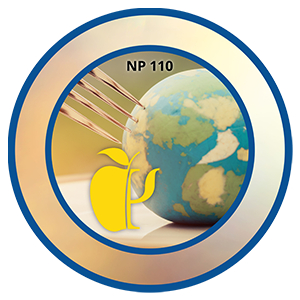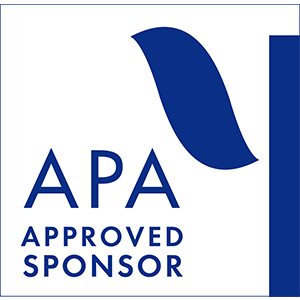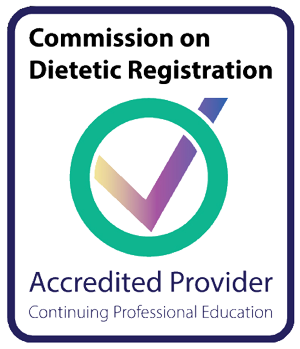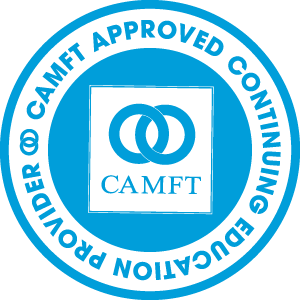A: Yes, this course is taught fully online through the CNP website and can be completed at your own pace.
A: Yes, NP 110 has open enrollment and you can begin at any time.
A: NP 110 is estimated to take 8-12 hours to complete, depending on your learning style and previous experience in nutrition and psychology. If this information is new to you, it may take more time to complete.
Proper NP 110 citation format: Author(s) (last name, first initial). (Year retrieved). Module Number: Module Title; Section Title (e.g., Module 3: The Diet-Cognitive Relationship; Neurodevelopment through the Lifespan). In (Ed.), Course title. Publishing organization. Web address.
Example:
Morphew-Lu, E., Lokken, K., Doswell, C., Protogerous, C., Greunke, S. (2021). Module 3: The Diet-Cognitive Relationship; Neurodevelopment Through the Lifespan. In E. Lu (Ed.), NP 110: Introduction to Nutritional Psychology. The Center for Nutritional Psychology. https://www.nutritional-psychology.org/np110/
A: Yes, a description of nutritional psychology is published in: Elsner, F., Matthiessen, L. E., Średnicka-Tober, D., Marx, W., O'Neil, A., Welch, A. A., Hayhoe, R. P., Higgs, S., van Vliet, M., Morphew-Lu, E., Kazimierczak, R., Góralska-Walczak, R., Kopczyńska, K., Steenbuch Krabbe Bruun, T., Rosane, B. P., Gjedsted Bügel, S., & Strassner, C. (2022). Identifying future study designs for mental health and social wellbeing associated with diets of a cohort living in eco-regions: Findings from the INSUM expert workshop. International journal of environmental research and public health, 20(1), 669. https://doi.org/10.3390/ijerph20010669















